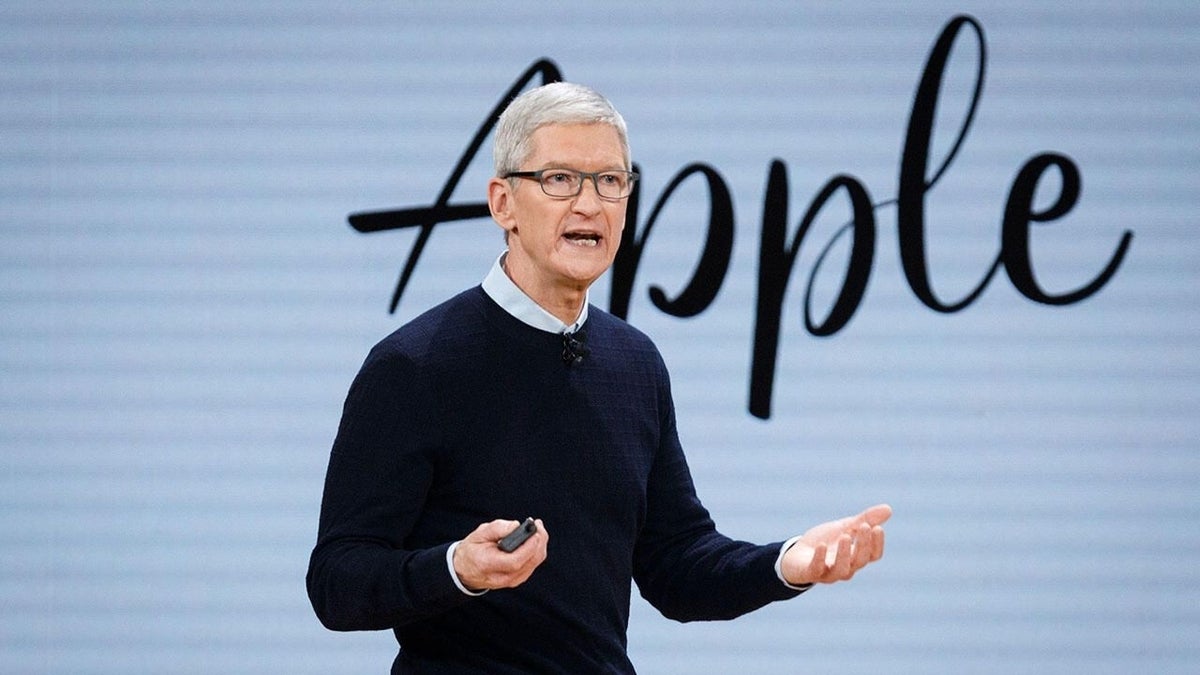
Apple wants to eliminate the dead places of the cellphone, although extensive satellites, but the Starlink of Elon Musk will not make it happen without a fight, according to an exclusive report from the Wall Street Journal. Sources that spoke to WSJ say SpaceX is now putting pressure on the US federal regulators to stop Apple’s expansion of its GlobalStar Satellite Service, which competes directly with SpaceX’s Starlink network.
Reported reportsharpened the pressure after the discussions between the two companies broke. Originally, they tried to enter into an agreement to connect iPhones directly to Starlink satellites, but the conversations ended without a direct agreement. Instead, SpaceX and T-Mobile will be able to offer their alternative satellite services on Apple devices, a deviation from Apple’s famous ecosystem.
Why the availability of satellites is limited
All satellites use radio frequencies to send signals to earth. If too much satellites try to use the same frequency, the signals become confused, degrading communication and delay data speeds. To prevent this from happening, most geographical regions license specific radio frequencies to certain satellite providers.
The more radio frequencies that control a single business, the more data it can send and the faster its communication will be. However, if one business monopolizes too many radio frequencies in one region, it forces other satellite suppliers.
Other suppliers should offer limited services on a smaller bandwidth, or choose them completely, leading to dead zones without any service. If you have a monopoly or a majority on satellite signals, the majority provider can increase the cost. As a result, price consumers relying on the provider of cellphone service.
Apple and SpaceX compete around satellite dominance
So far, SpaceX has introduced more than 550 satellites, much more than Apple, which allows Starlink to dominate the satellite connection market. SpaceX launched its first Starlink satellite in 2018 and started providing limited access to its Beta Internet Service in 2020.
Apple only started offering a deal with GlobalStar two years later, when it entered into an agreement with Globalstar. Globalstar actually hired SpaceX to start Apple’s satellites, further complicating the ties between the businesses.
Currently, Apple devices use this satellite service to send texts and make SOS calls when no other cell service is available. With this expansion of its GlobalStar partnership, Apple wants to provide more connectivity in more remote areas of beyond emergency scenarios – which will compete directly with Starlink.
This satellite space race is the latest in a series of clashes between Apple and Elon Musk. Apple and Tesla have previously clashed over the distribution of X on Apple devices, as well as the development of self-managed cars using AI models.
(Tagstotranslate) Apple (T) Globalstar (T) iPhone (T) Mobile Service (T) Satellites (T) SpaceX (T) Starlink (T) T-Mobile
+++++++++++++++++++
TechNewsUpdates
beewire.org










